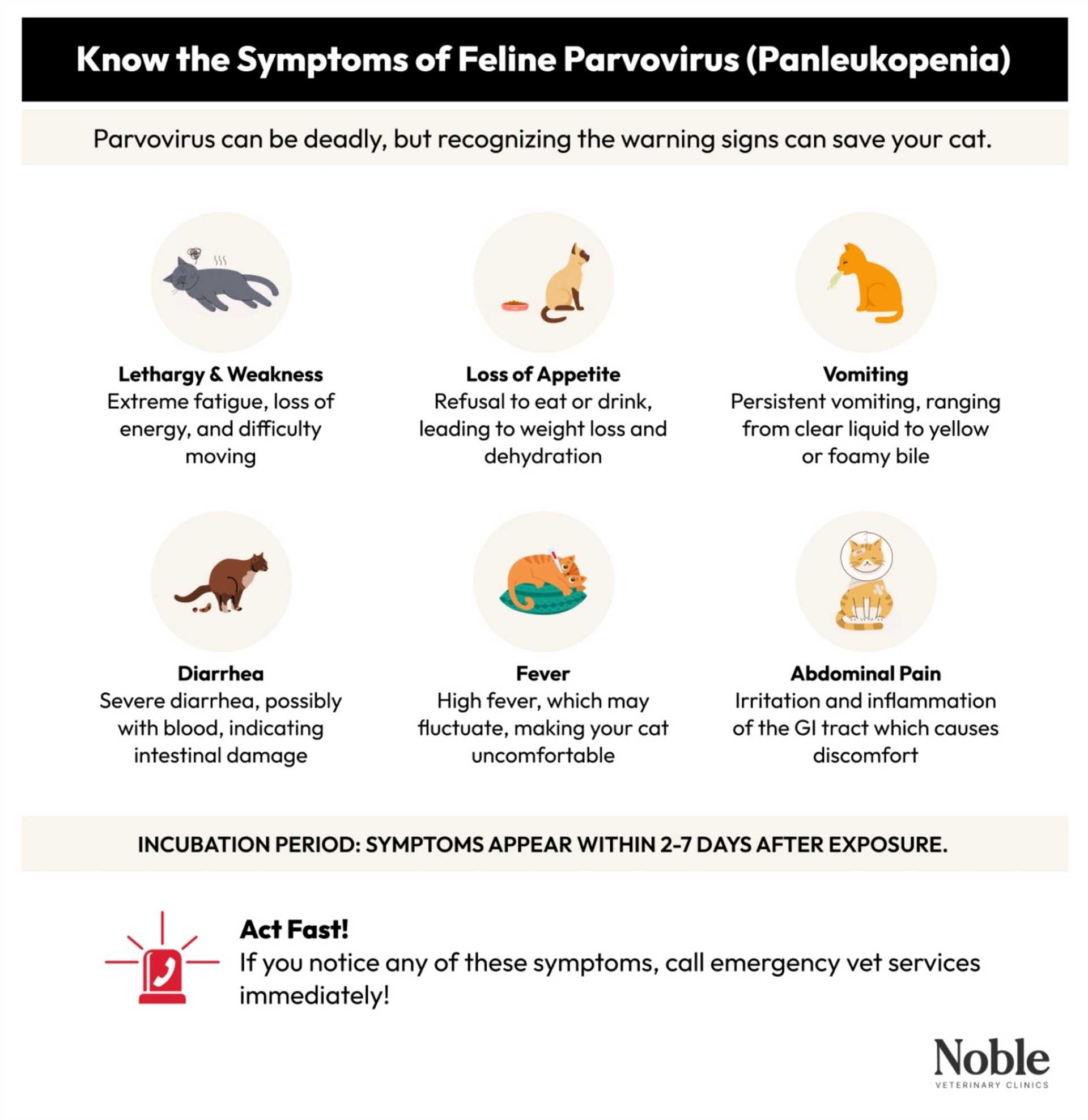Creating a barrier with physical deterrents works wonders. Choose decorative rocks or pine cones to scatter on the soil surface, making it less inviting for curious paws. This simple tweak can transform a tempting garden into a less appealing terrain.
Utilizing scent can shift interest away from greenery. Strong fragrances like citrus or vinegar are particularly off-putting. A light spray of diluted lemon juice or placing citrus peels near the pots can help redirect attention towards more appealing areas.
Engaging toys and scratching posts can reclaim focus. Providing a variety of stimulating playthings nearby can satisfy the playful instincts and distract from the urge to dig or chew on foliage. Regular playtime reinforces this positive behavior.
Lastly, consider the placement of your botanical treasures. Elevating pots or using hanging planters can create a natural barrier that deters access. Cats are less likely to explore higher ground, making it a strategic move for plant protection.
Using Natural Deterrents to Repel Felines
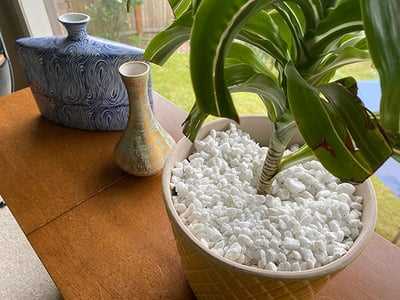
Try citrus peels like oranges or lemons around those leafy treasures. The scent is unpleasant for many furry friends, making them think twice before approaching.
A mixture of water and vinegar can work wonders too. Spray it lightly on the soil or surrounding area; the sharp smell often deters curious noses.
Another option is using essential oils. Oils like lavender or rosemary, diluted in water, can create an aroma that most whiskered companions find off-putting. Just be cautious, as some oils can be harmful if ingested.
Consider planting herbs such as rosemary or thyme nearby. Their strong scents can mask the appeal of the other plants, making them less enticing.
For a fun twist, sprinkle some coffee grounds on the soil. Many whiskers dislike the smell of coffee, which can act as a barrier against any curious exploration.
Lastly, a simple barrier of double-sided tape can surprise those little paws. The sticky sensation is often enough to keep them at bay.
Creating Physical Barriers for Your Plants
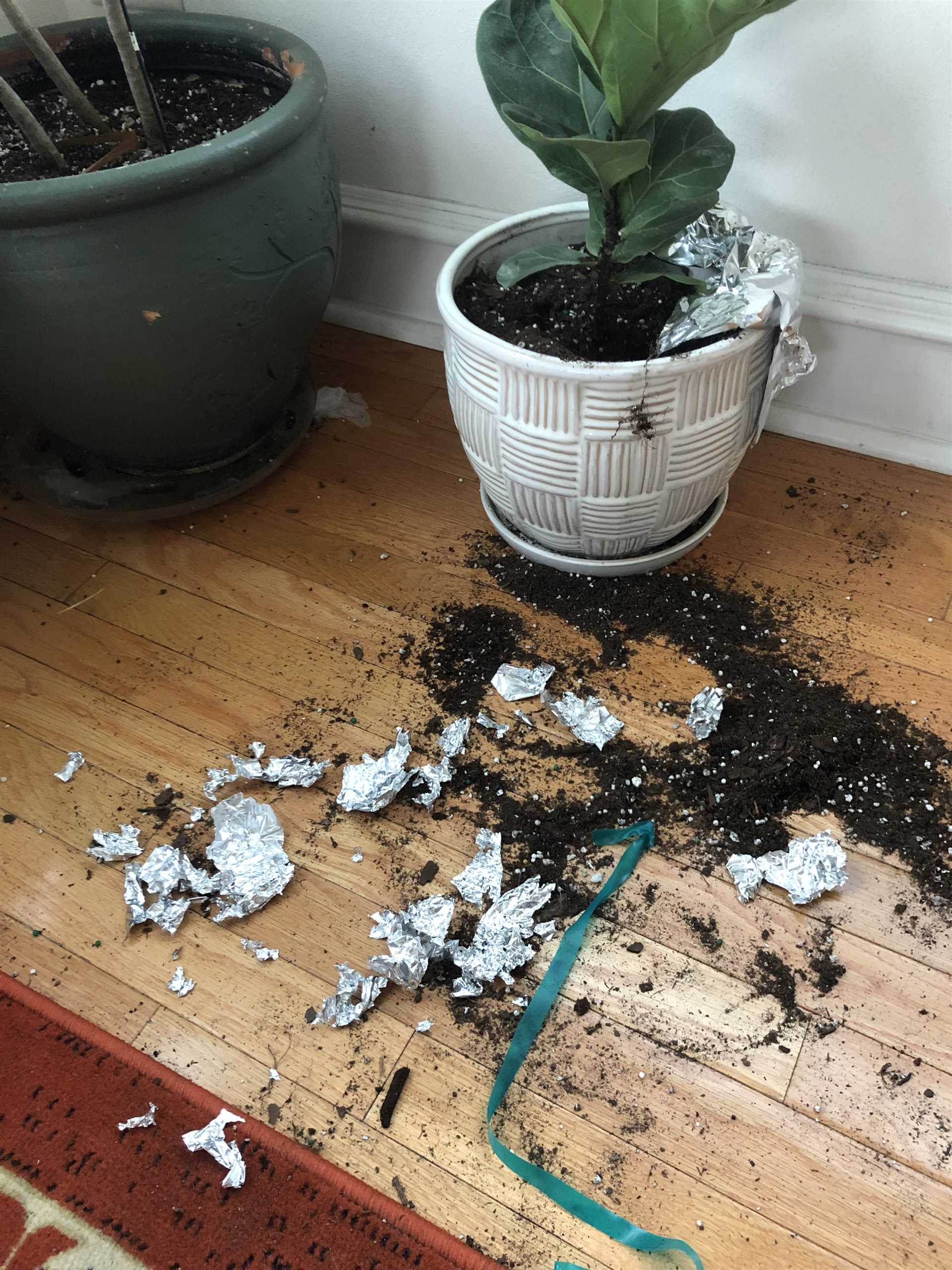
I recommend using decorative screens or mesh to create a protective barrier around the greenery. This not only looks good but also prevents little paws from reaching the soil or leaves.
Consider placing rocks or pebbles on the surface of the soil. This deters any digging attempts while adding a touch of flair to the pots.
Another option is to use plant cages or wire fencing. Ensure they are tall enough to discourage any jumps or stretches. These can be quite stylish and provide extra support for taller plants.
For smaller pots, try using cloches or domes, which can effectively keep prying noses away from the soil. Just make sure they allow enough light and air to reach the plants.
If you have large pots, using a layer of chicken wire on the surface can be effective. This allows water to seep through while preventing access to the dirt beneath.
Lastly, relocating plants to high shelves or hanging planters can be a great way to keep them safe. Just ensure they are secure and won’t fall easily.
Training Your Feline Friend to Avoid Houseplants
Start with positive reinforcement. Whenever I, Johnny, show disinterest in greenery, I receive a treat or praise. This encourages me to associate good things with staying away from the pots. Consistency is key, so ensure that my human rewards me every time I make the right choice.
Redirecting Attention
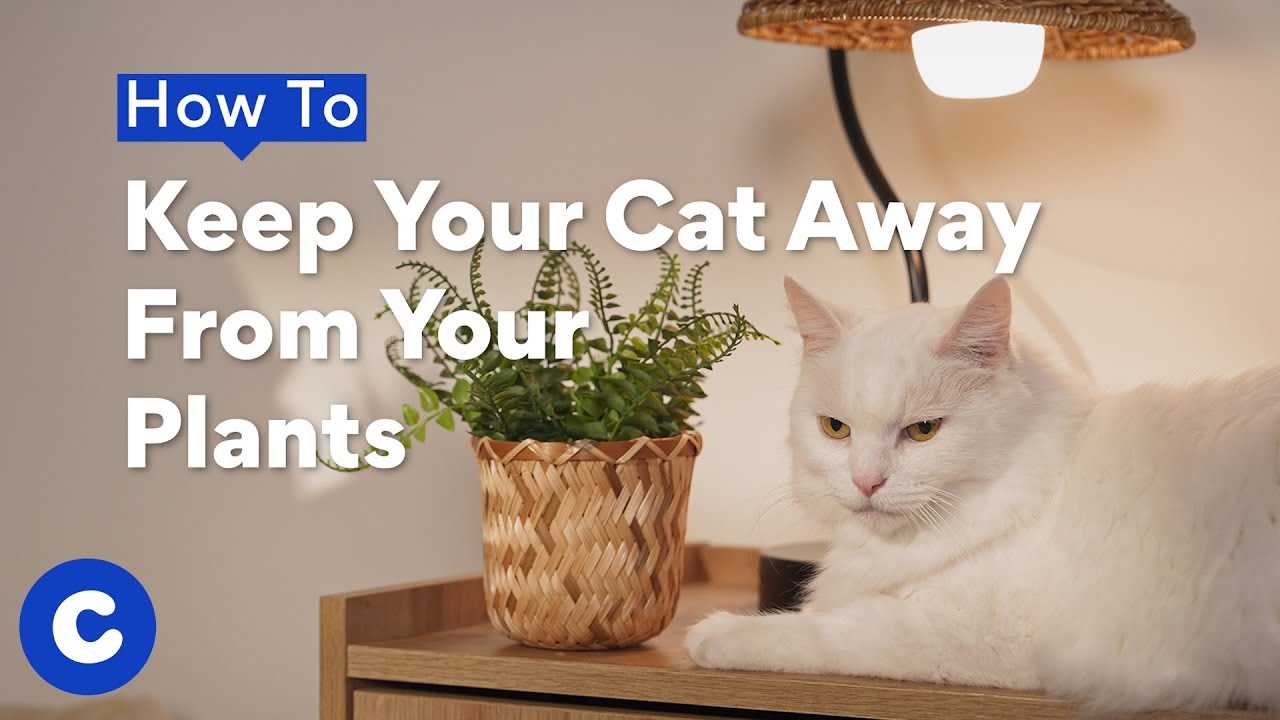
If I approach a potted friend, gently redirect me to an alternative, like a toy or scratching post. Engaging playtime diverts my curiosity and helps build a routine that doesn’t involve the plants. Rotate toys to keep things exciting; I love surprises!
Establishing Boundaries
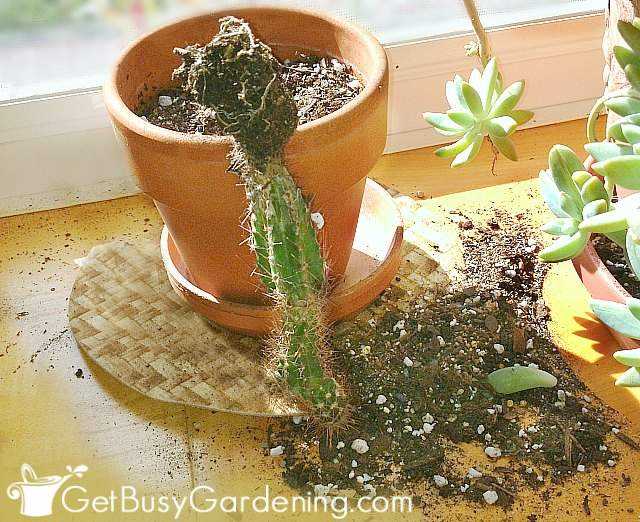
Using clear commands can be effective. Simple words like “no” or “leave it” can be paired with a firm tone. I respond well when my human is consistent with these commands. Pairing them with a gentle touch reinforces the message. For more insights on behavior, check out why is my cat scratching the floor near her food.
Training takes time, but with patience, I can learn to respect the green inhabitants of the home!
Creating a barrier with physical deterrents works wonders. Choose decorative rocks or pine cones to scatter on the soil surface, making it less inviting for curious paws. This simple tweak can transform a tempting garden into a less appealing terrain.
Utilizing scent can shift interest away from greenery. Strong fragrances like citrus or vinegar are particularly off-putting. A light spray of diluted lemon juice or placing citrus peels near the pots can help redirect attention towards more appealing areas.
Engaging toys and scratching posts can reclaim focus. Providing a variety of stimulating playthings nearby can satisfy the playful instincts and distract from the urge to dig or chew on foliage. Regular playtime reinforces this positive behavior.
Lastly, consider the placement of your botanical treasures. Elevating pots or using hanging planters can create a natural barrier that deters access. Cats are less likely to explore higher ground, making it a strategic move for plant protection.
Using Natural Deterrents to Repel Felines

Try citrus peels like oranges or lemons around those leafy treasures. The scent is unpleasant for many furry friends, making them think twice before approaching.
A mixture of water and vinegar can work wonders too. Spray it lightly on the soil or surrounding area; the sharp smell often deters curious noses.
Another option is using essential oils. Oils like lavender or rosemary, diluted in water, can create an aroma that most whiskered companions find off-putting. Just be cautious, as some oils can be harmful if ingested.
Consider planting herbs such as rosemary or thyme nearby. Their strong scents can mask the appeal of the other plants, making them less enticing.
For a fun twist, sprinkle some coffee grounds on the soil. Many whiskers dislike the smell of coffee, which can act as a barrier against any curious exploration.
Lastly, a simple barrier of double-sided tape can surprise those little paws. The sticky sensation is often enough to keep them at bay.
Creating Physical Barriers for Your Plants

I recommend using decorative screens or mesh to create a protective barrier around the greenery. This not only looks good but also prevents little paws from reaching the soil or leaves.
Consider placing rocks or pebbles on the surface of the soil. This deters any digging attempts while adding a touch of flair to the pots.
Another option is to use plant cages or wire fencing. Ensure they are tall enough to discourage any jumps or stretches. These can be quite stylish and provide extra support for taller plants.
For smaller pots, try using cloches or domes, which can effectively keep prying noses away from the soil. Just make sure they allow enough light and air to reach the plants.
If you have large pots, using a layer of chicken wire on the surface can be effective. This allows water to seep through while preventing access to the dirt beneath.
Lastly, relocating plants to high shelves or hanging planters can be a great way to keep them safe. Just ensure they are secure and won’t fall easily.
Training Your Feline Friend to Avoid Houseplants
Start with positive reinforcement. Whenever I, Johnny, show disinterest in greenery, I receive a treat or praise. This encourages me to associate good things with staying away from the pots. Consistency is key, so ensure that my human rewards me every time I make the right choice.
Redirecting Attention

If I approach a potted friend, gently redirect me to an alternative, like a toy or scratching post. Engaging playtime diverts my curiosity and helps build a routine that doesn’t involve the plants. Rotate toys to keep things exciting; I love surprises!
Establishing Boundaries

Using clear commands can be effective. Simple words like “no” or “leave it” can be paired with a firm tone. I respond well when my human is consistent with these commands. Pairing them with a gentle touch reinforces the message. For more insights on behavior, check out why is my cat scratching the floor near her food.
Training takes time, but with patience, I can learn to respect the green inhabitants of the home!
Creating a barrier with physical deterrents works wonders. Choose decorative rocks or pine cones to scatter on the soil surface, making it less inviting for curious paws. This simple tweak can transform a tempting garden into a less appealing terrain.
Utilizing scent can shift interest away from greenery. Strong fragrances like citrus or vinegar are particularly off-putting. A light spray of diluted lemon juice or placing citrus peels near the pots can help redirect attention towards more appealing areas.
Engaging toys and scratching posts can reclaim focus. Providing a variety of stimulating playthings nearby can satisfy the playful instincts and distract from the urge to dig or chew on foliage. Regular playtime reinforces this positive behavior.
Lastly, consider the placement of your botanical treasures. Elevating pots or using hanging planters can create a natural barrier that deters access. Cats are less likely to explore higher ground, making it a strategic move for plant protection.
Using Natural Deterrents to Repel Felines

Try citrus peels like oranges or lemons around those leafy treasures. The scent is unpleasant for many furry friends, making them think twice before approaching.
A mixture of water and vinegar can work wonders too. Spray it lightly on the soil or surrounding area; the sharp smell often deters curious noses.
Another option is using essential oils. Oils like lavender or rosemary, diluted in water, can create an aroma that most whiskered companions find off-putting. Just be cautious, as some oils can be harmful if ingested.
Consider planting herbs such as rosemary or thyme nearby. Their strong scents can mask the appeal of the other plants, making them less enticing.
For a fun twist, sprinkle some coffee grounds on the soil. Many whiskers dislike the smell of coffee, which can act as a barrier against any curious exploration.
Lastly, a simple barrier of double-sided tape can surprise those little paws. The sticky sensation is often enough to keep them at bay.
Creating Physical Barriers for Your Plants

I recommend using decorative screens or mesh to create a protective barrier around the greenery. This not only looks good but also prevents little paws from reaching the soil or leaves.
Consider placing rocks or pebbles on the surface of the soil. This deters any digging attempts while adding a touch of flair to the pots.
Another option is to use plant cages or wire fencing. Ensure they are tall enough to discourage any jumps or stretches. These can be quite stylish and provide extra support for taller plants.
For smaller pots, try using cloches or domes, which can effectively keep prying noses away from the soil. Just make sure they allow enough light and air to reach the plants.
If you have large pots, using a layer of chicken wire on the surface can be effective. This allows water to seep through while preventing access to the dirt beneath.
Lastly, relocating plants to high shelves or hanging planters can be a great way to keep them safe. Just ensure they are secure and won’t fall easily.
Training Your Feline Friend to Avoid Houseplants
Start with positive reinforcement. Whenever I, Johnny, show disinterest in greenery, I receive a treat or praise. This encourages me to associate good things with staying away from the pots. Consistency is key, so ensure that my human rewards me every time I make the right choice.
Redirecting Attention

If I approach a potted friend, gently redirect me to an alternative, like a toy or scratching post. Engaging playtime diverts my curiosity and helps build a routine that doesn’t involve the plants. Rotate toys to keep things exciting; I love surprises!
Establishing Boundaries

Using clear commands can be effective. Simple words like “no” or “leave it” can be paired with a firm tone. I respond well when my human is consistent with these commands. Pairing them with a gentle touch reinforces the message. For more insights on behavior, check out why is my cat scratching the floor near her food.
Training takes time, but with patience, I can learn to respect the green inhabitants of the home!


